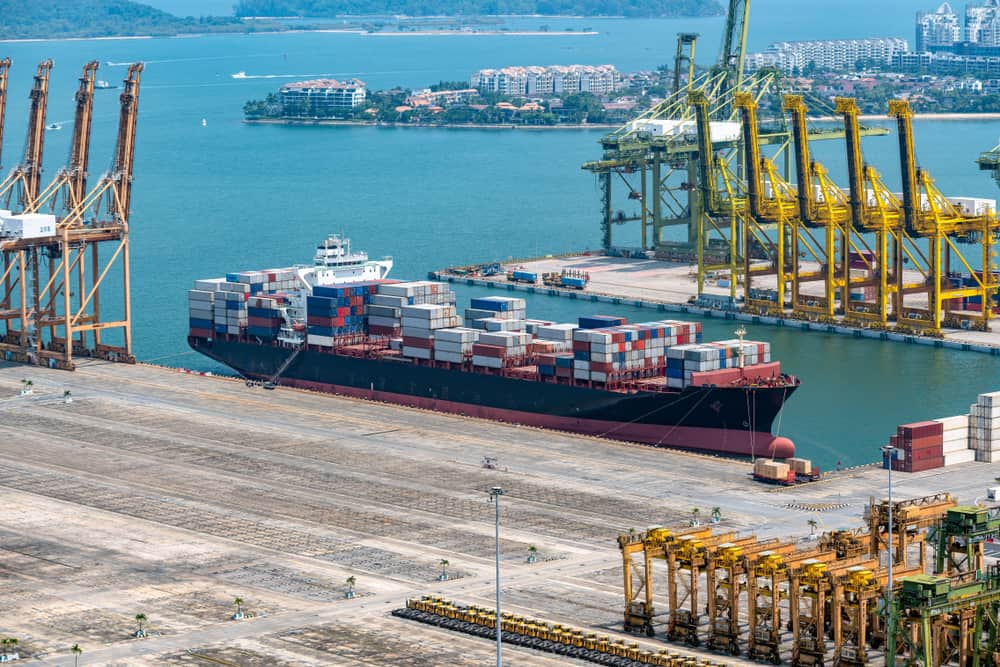The International Chamber of Commerce released updates to the international trade terms for the sale of goods, and the changes took effect as of Jan 1, 2020.
Incoterms are used in commercial setups to draw clear borders on the responsibilities of sellers and buyers in international commercial contracts. Many articles concerning transportation consist of these rules: the type of transport, the distribution of risks, and the import formalities and export.
“Incoterms” refers to the exact moment when the transfer of responsibilities takes place. The first version of Incoterms goes back to 1936 and since been altered regularly to fit with global trade’s development and expansion.
Incoterms 2020 has been upgraded and changed to comply with the growth of the economy, increasing consideration of security in the transportation of goods, insurance coverage compliance, and on-board bill of lading under the Free Carrier (FCA) rule.
So what are the changes that took effect in Incoterms 2020?
Change of Insurance in CIP/CIF
CIF (Cost-Insurance-Freight) and CIP (Carriage and Insurance Paid to) requires the seller to purchase a certain level of insurance for the buyer equivalent to Clause C (Institute of Cargo Clauses). Nonetheless, these two terms usually pertain to different classes of goods which calls for varying levels of insurance coverage.
In 2020’s upgraded Incoterms, the ICC has attempted to clarify this difference. Consequently, CIF will have the same insurance requirements (Clause C) but CIP now has an increased level of insurance required to Clause A (Institute of Cargo Clauses). The difference in Cargo Clauses can be found here.
DAT to DPU
DAT (Delivered-at-terminal) will be replaced by DPU (Delivery-at-Place Unloaded), which means that the seller is responsible for delivering goods, and passes the risk to the buyer once the goods are unloaded at the place of delivery agreed upon. DPU is quite similar to DAP with the addition of the unloading.
OBL option added to FCA
In deliveries under the FCA (Free Carrier) Incoterms rule, the buyer and seller can agree that an on-board bill of lading will be presented after goods have been loaded onto a vessel.
Security requirements
In the area of transport-security obligations, as the mandatory screening of containers is becoming more common, those requirements are to be included in carriage costs. Incoterms 2010 did touch on responsibility for security requirements and their costs, but Incoterms 2020 makes security obligations more noticeable.
Seller/buyer utilizing their own transportation
Parties can use their own transportation for FCA, DPU, delivered at place (DAP) and delivered duty paid (DDP) deliveries. Incoterms 2010 assumed that the transportation of goods between a seller and buyer would be moved out by a third-party carrier. It did not deal with where the transport is provided by the seller or buyer (e.g. the seller’s own truck). Incoterms 2020 now clarifies the position. For example, the buyer in FCA Incoterms 2020 is obliged to “contract or arrange at its own cost for the carriage of the goods from the designated place of delivery”.




